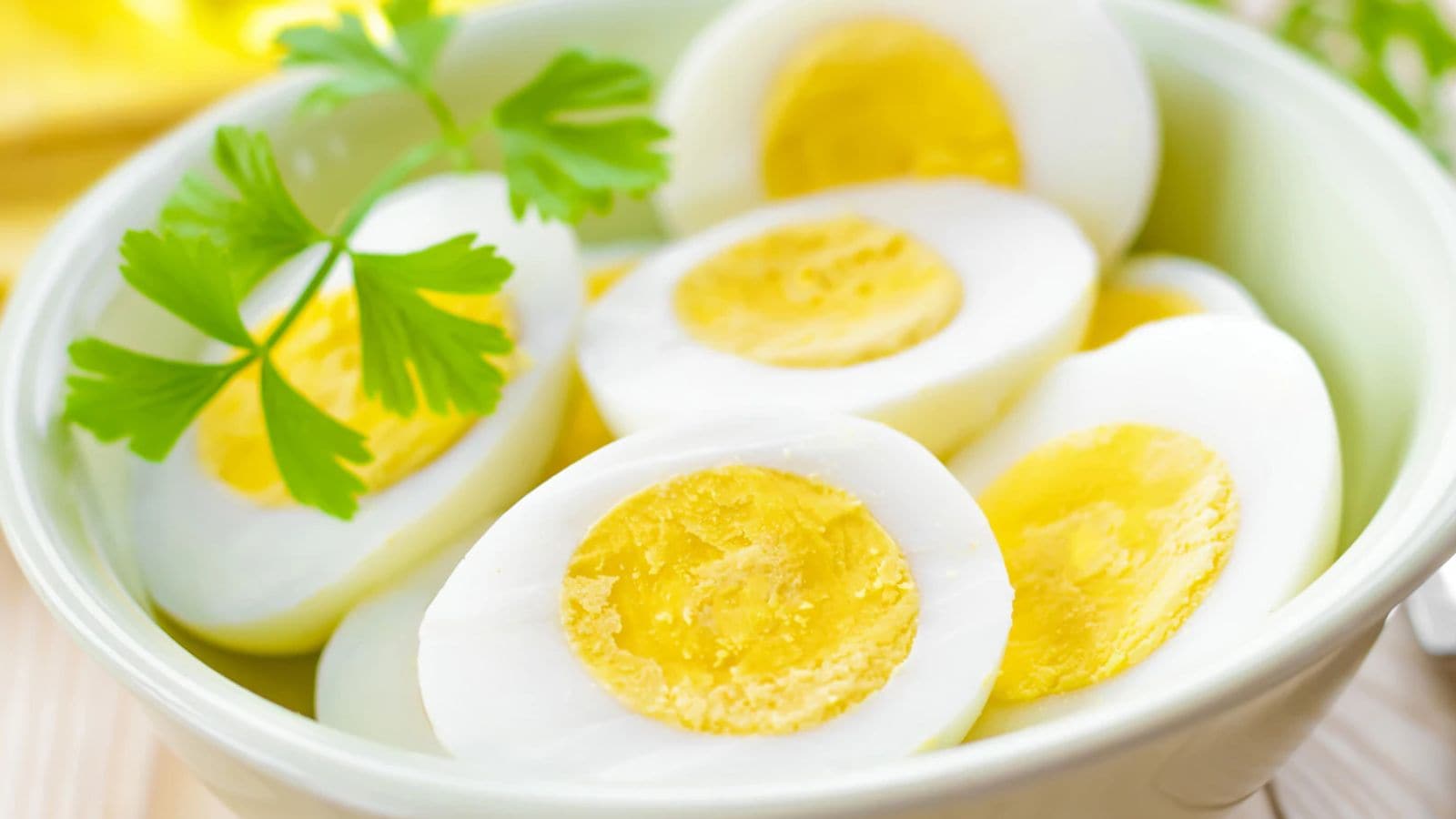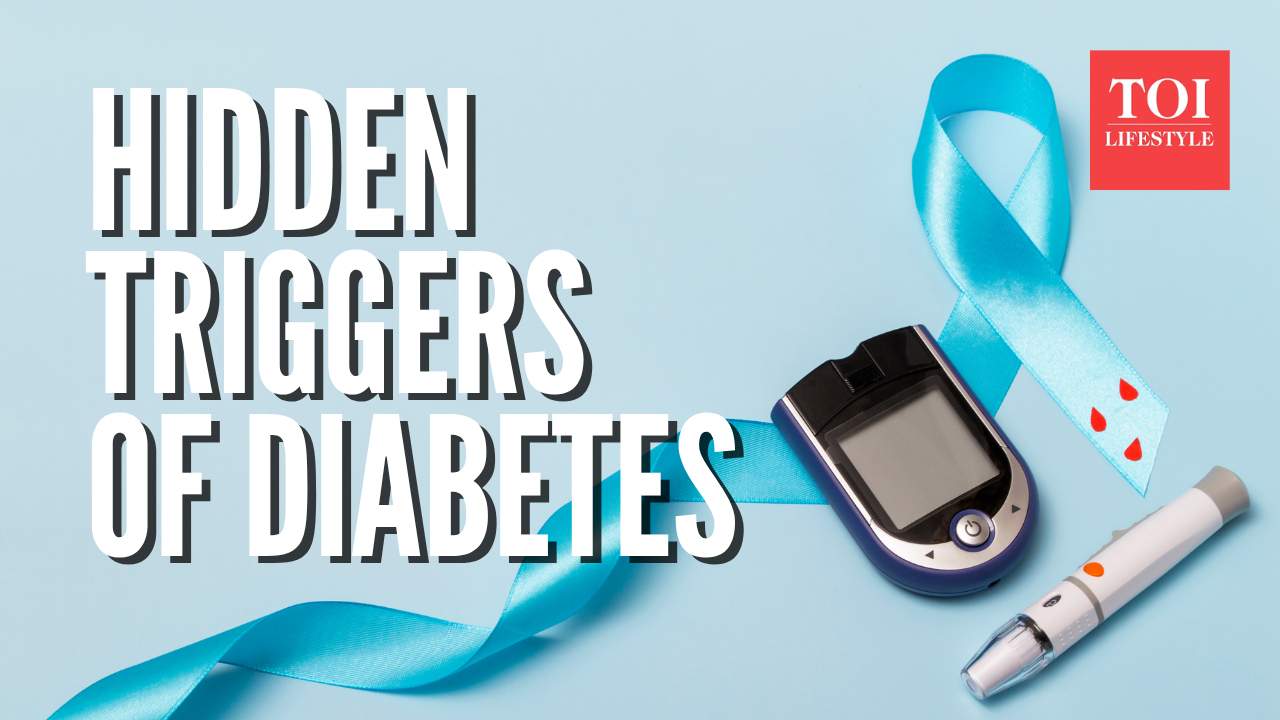Last Updated:
Eggs are a powerhouse of nutrition that fuels your body, supports your metabolism, and helps you stay on track toward your health goals.
Eggs offer protein and essential nutrients for muscle repair and satiety.
Eggs have long been hailed as one of the most nutrient-dense foods – rich in protein, vitamins, and healthy fats, and they’ve earned a permanent place in many weight-loss diets. But not all eggs are created equal when it comes to how you cook them. Whether you prefer them boiled, poached, or scrambled into a fluffy omelette, your cooking method can subtly influence their calorie count, fat content, and overall impact on your metabolism.
In essence, how you eat your eggs might be just as important as how many you eat.
Boiled Eggs: Clean, Classic, And Calorie-Smart
When it comes to weight loss, boiled eggs are often considered the gold standard. They’re cooked without any added oil or butter, which keeps their calorie count low while preserving nutrients.
Why they work:
- Retain all the protein and amino acids essential for muscle recovery.
- Contain fewer than 80 calories per egg.
- Keep you feeling fuller for longer, helping reduce snacking between meals.
- Easy to portion control as there are no hidden fats or toppings.
Best for: A quick breakfast, post-workout meal, or protein-rich snack on the go.
Poached Eggs: Light And Gentle On Digestion
Poaching is another top-tier method for those aiming to lose weight. Eggs are cooked in water, which again eliminates the need for added fats. This gentle cooking technique helps maintain the egg’s soft texture while keeping nutrients intact.
Why they work:
- Perfect balance of protein and healthy fats.
- Low in calories and sodium.
- Easy to pair with whole grains or avocado for a balanced, satiating meal.
Best for: A brunch-friendly option that feels indulgent yet light.
Omelette: High On Flavour, Moderate With Oil
An omelette can be both a friend and a foe, depending on how it’s made. The key lies in moderation by using minimal oil and loading it with vegetables or lean protein instead of cheese or butter.
Here’s how to make an omelette healthier:
- Use a non-stick pan with a drizzle of olive oil or a cooking spray.
- Add spinach, mushrooms, or bell peppers for extra fibre and nutrients.
- Avoid high-fat meats and excessive cheese.
Best for: A hearty, customizable breakfast that fits varied taste preferences.
If your goal is weight loss, boiled and poached eggs come out on top – both are nutrient-rich, low in calories, and easy to digest. Omelettes can fit in too, as long as you’re mindful of added fats. Ultimately, the healthiest way to eat eggs is the one that keeps your meals satisfying and sustainable.
Delhi, India, India
November 11, 2025, 17:56 IST





